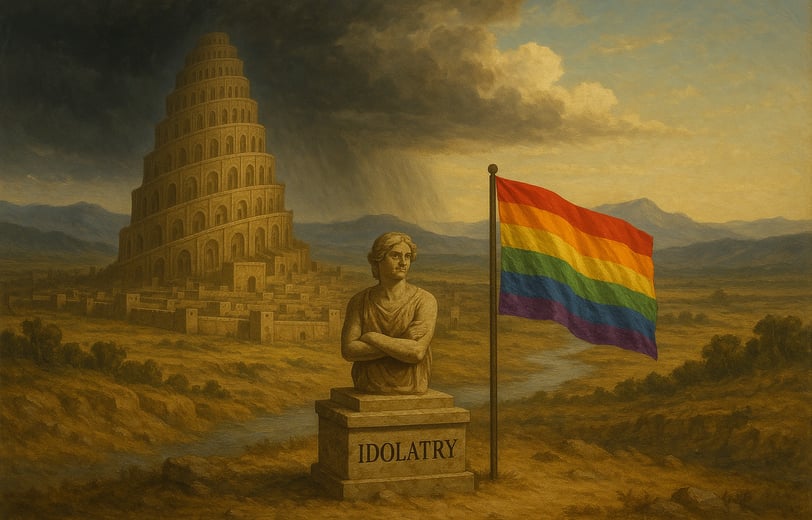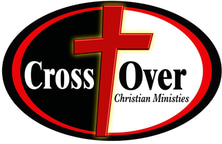Pride and Idolatry: A Biblical Theology of Sin in the Month of Pride
6/4/20253 min read


Understanding the Heart of Sin
Sin is more than a wrong behavior – it is a heart posture. Pride, in its deepest sense, is the refusal to submit to God. As we can recall, the builders of Babel said, “Let us make a name for ourselves” (Genesis 11:4). This embodies the human desire for autonomy.
Pride Month, though often described as a celebration of dignity, could reflect a broader cultural shift: the celebration of self-defined identity. However, the Holy Scriptures were clear to say that what departs from God’s design is not neutral but sinful (Romans 1:25)
The Idolatry of Self-Defined Identity
Romans 1:24-27 describes for us the unraveling of a society that exchanges God’s truth for worldly lies. Sexual sin, including homosexuality, is not the cause but the symptom of a deeper rebellion. As Romans 1:25 puts it, “For they exchanged the truth of God for falsehood.” As a result, God gave them over to degrading passions, leading to the commission of shameful acts. (Romans 1:26-27)
When identity is shaped by sinful desires rather than the Creator’s intended design, it becomes a form of idolatry. This is why John warns us in his epistle with the words, “Little children, guard yourselves from idols.”
Idolatry is not limited to statues. Rather, it includes anything we elevate above God, including our own feelings and identities.
Homosexuality is portrayed in the New Testament as both unnatural and dishonoring to God (Romans 1:26-27). It is even a distortion of God’s perfect design. Homosexual lifestyle is one of the many sins that result from a refusal to worship the Creator.
A Universal Problem
To focus solely on sexual sin is to miss the point. Remember the Scriptures' general conclusion regarding humanity’s overall standing: For all have sinned and fall short of the glory of God. (Romans 3:23)
Irrespective of one’s transgression (greed, slander, love of money, or sexual immorality), our sin separates us from God. Yet, God offers the same invitation to all: Repent and be restored. (Acts 2:38)
The issue is not that homosexuality is the worst sin – it’s that all sin, left unrepented, ultimately leads to divine judgement (2 Thessalonians 1:8–9; Revelation 21:8).
The phrase “such were some of you” (1 Corinthians 6:11) is a powerful reminder that the church has always included people who were once defined by their sin, but are now defined by Christ.
Called to Repentance and Life
The New Testament consistently describes homosexuality as sinful (Romans 1:26–27; 1 Corinthians 6:9; 1 Timothy 1:10; Jude 1:7). But it does not stop there; it also points to God’s mercy.
Paul reminds believers, “such were some of you,” implying that in the Corinthian church, there are former homosexuals who found forgiveness and transformation in the gospel of our Lord. The verb tense is crucial: there is real change in Christ.
This is not moralism, but grace and mercy. Repentance is not just about shame. It also involves coming to an agreement with God and receiving a new identity as a result of faith in Jesus (2 Corinthians 5:17-21). Jesus replaces our sin with His righteousness.
No sin—including homosexuality—is beyond the reach of God’s grace.
A Witness of Truth and Love
Christians must resist the urge to either affirm sin or condemn without hope.
Truth without love is harsh; love without truth is hollow. Instead, we are encouraged to speak the truth in love (Ephesians 4:15).
During Pride Month, believers are called to clarity and compassion. We should not retreat in fear, nor lash out in anger. The best way is to hold out a better hope – A new life in Jesus for every sinner who believes (John 3:16-18).
We are not defined by our past or our temptations. In Christ, we are washed, sanctified, and justified (1 Corinthians 6:11). I believe this is the message that the Church must proclaim. We should offer people God’s invitation of transformation for everyone who believes.
